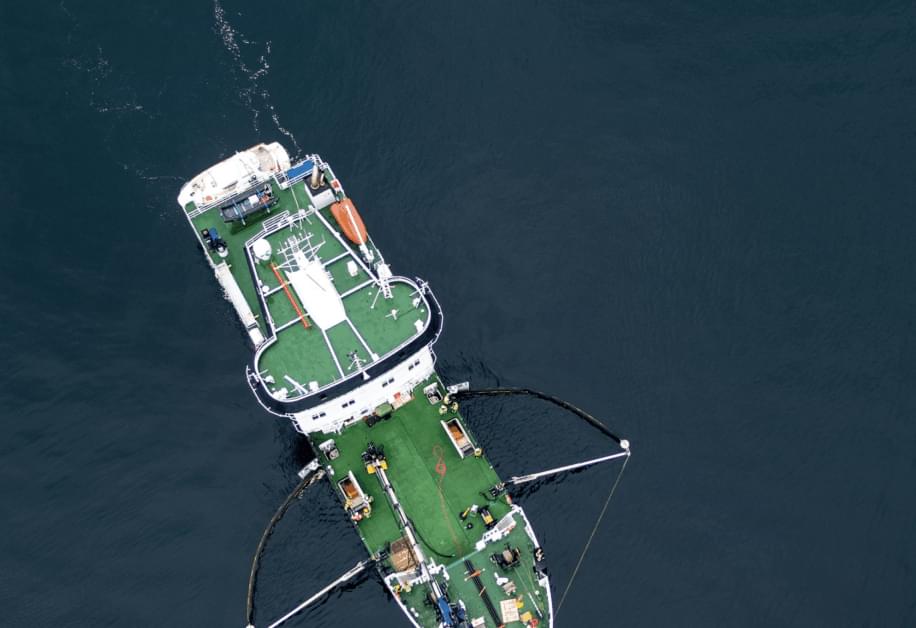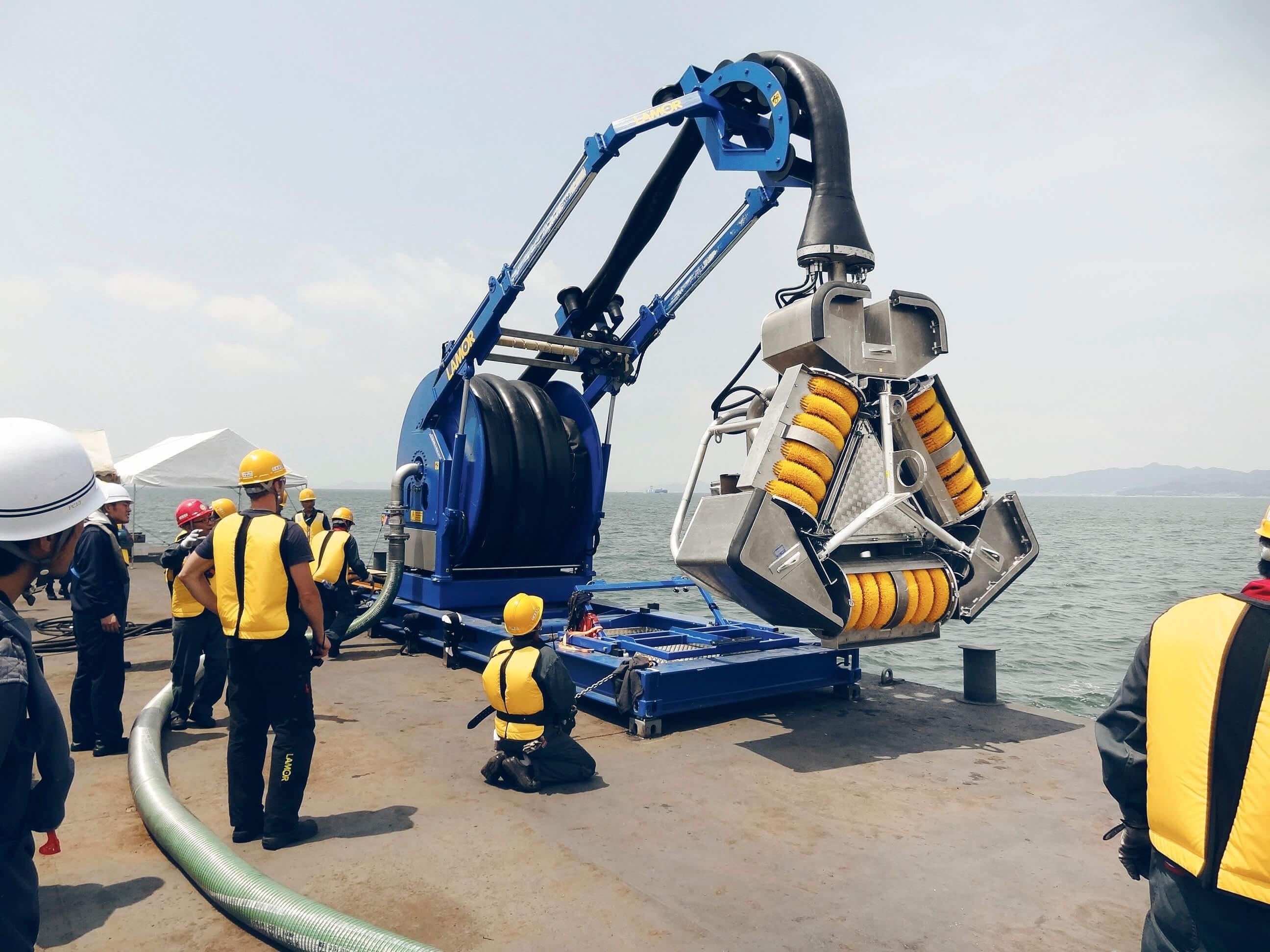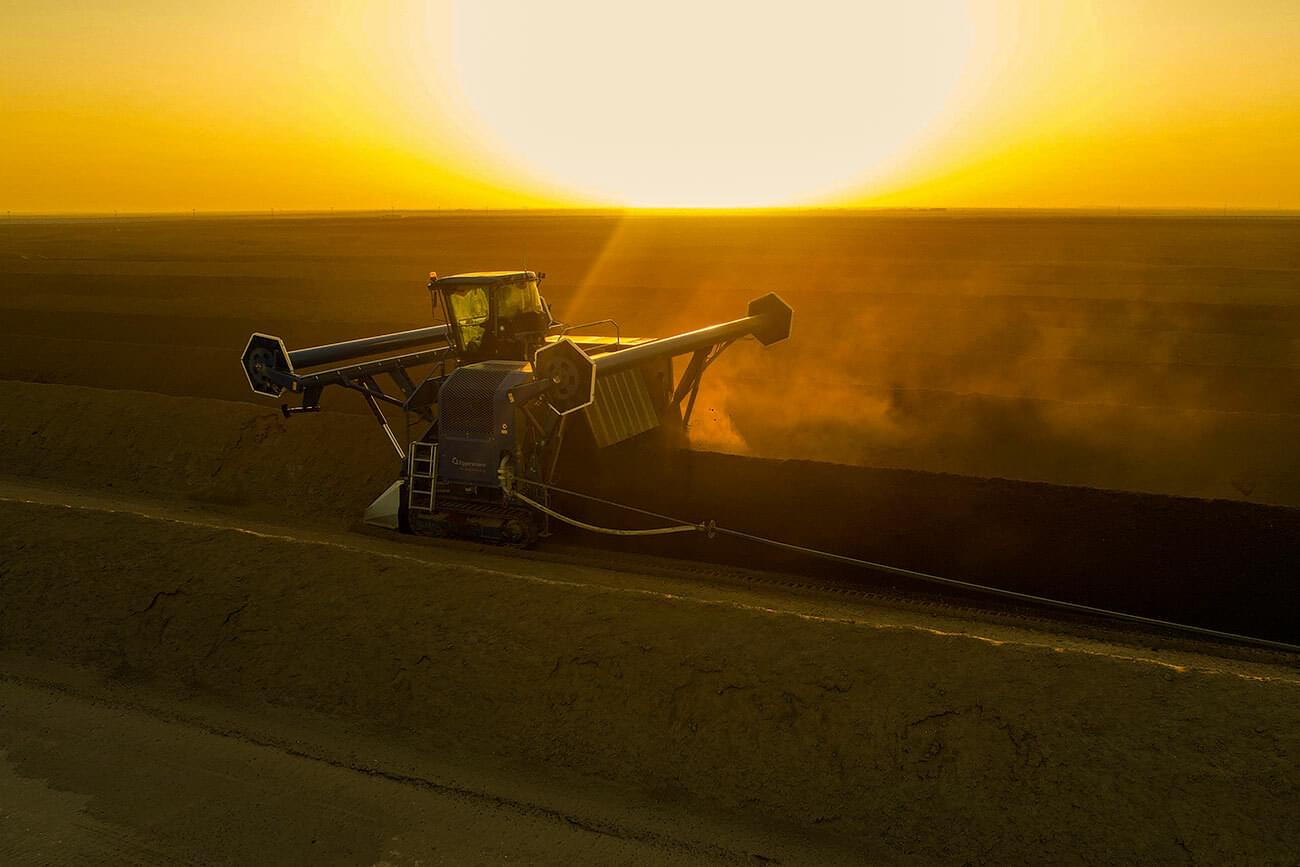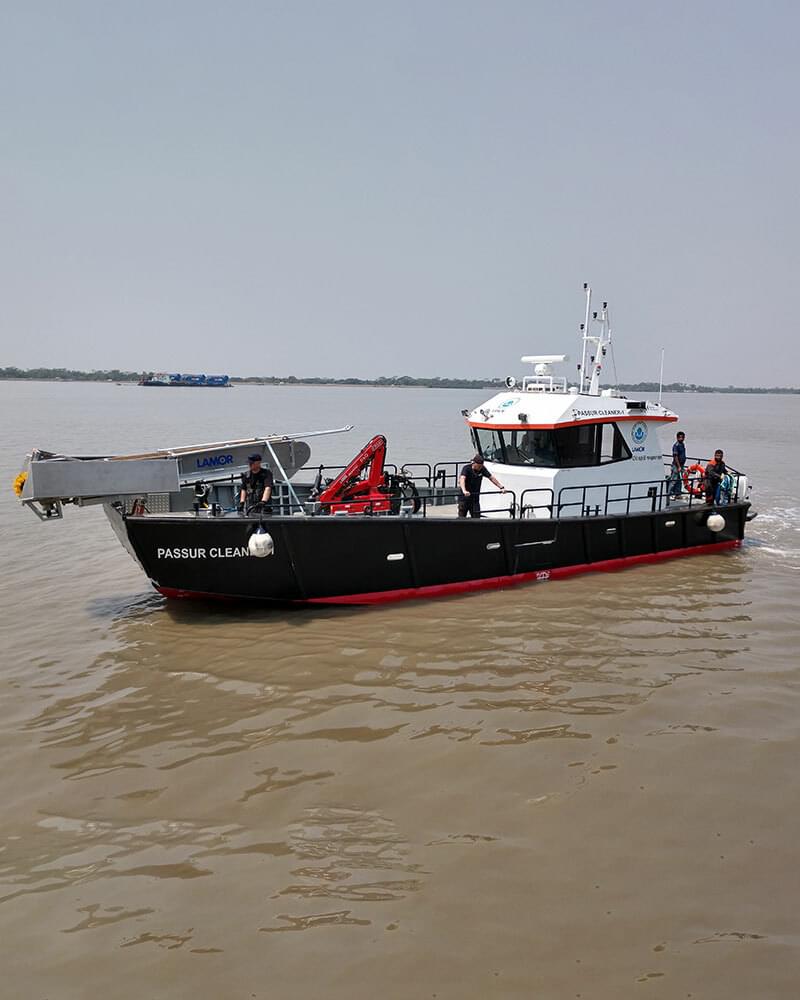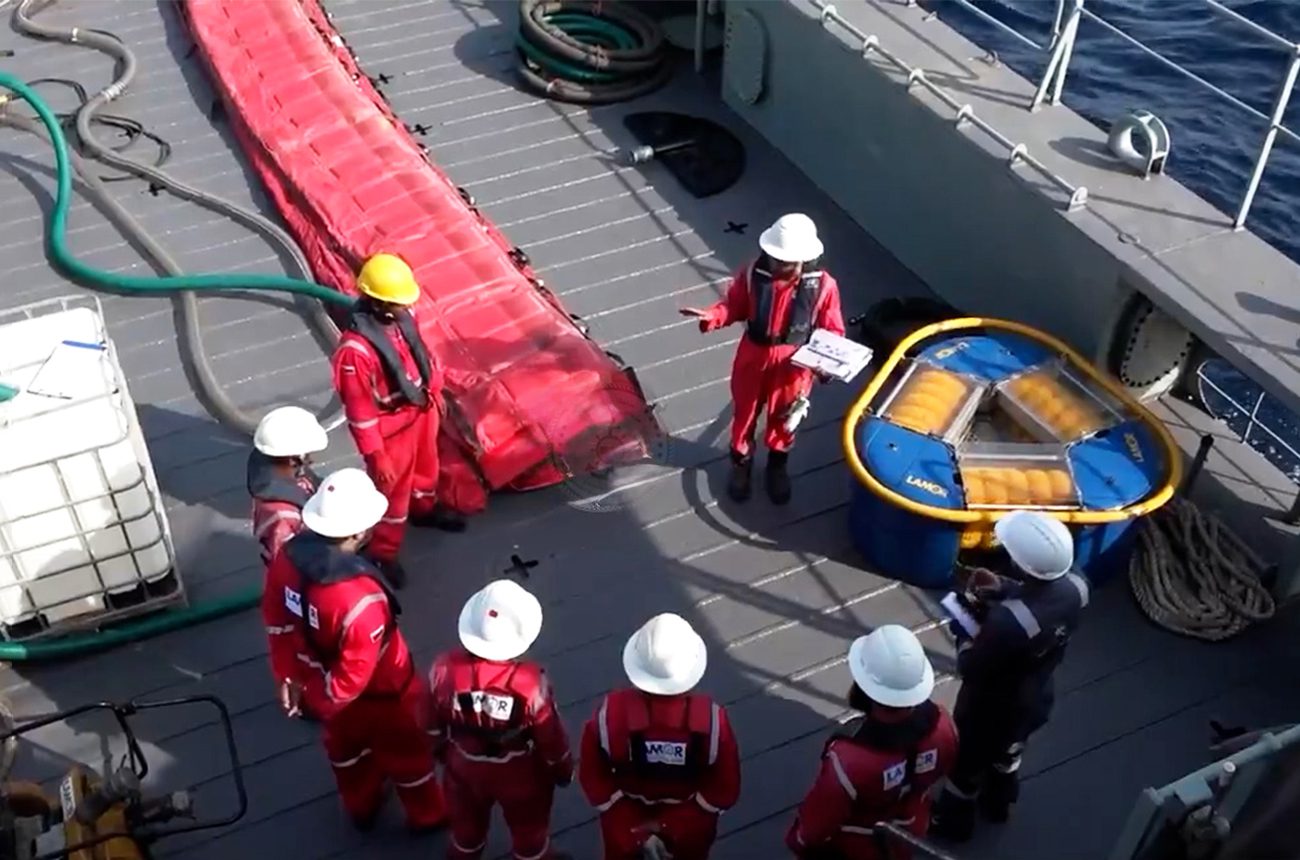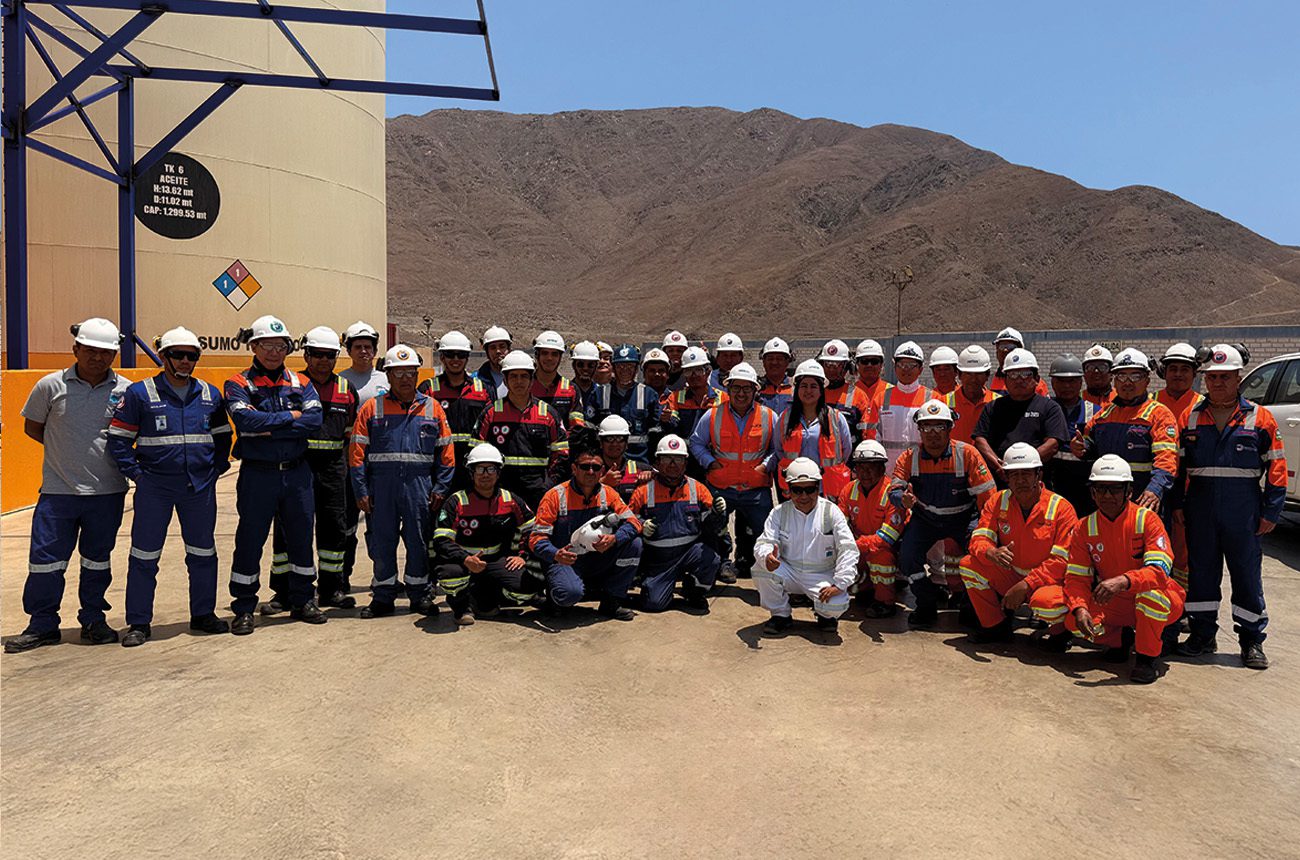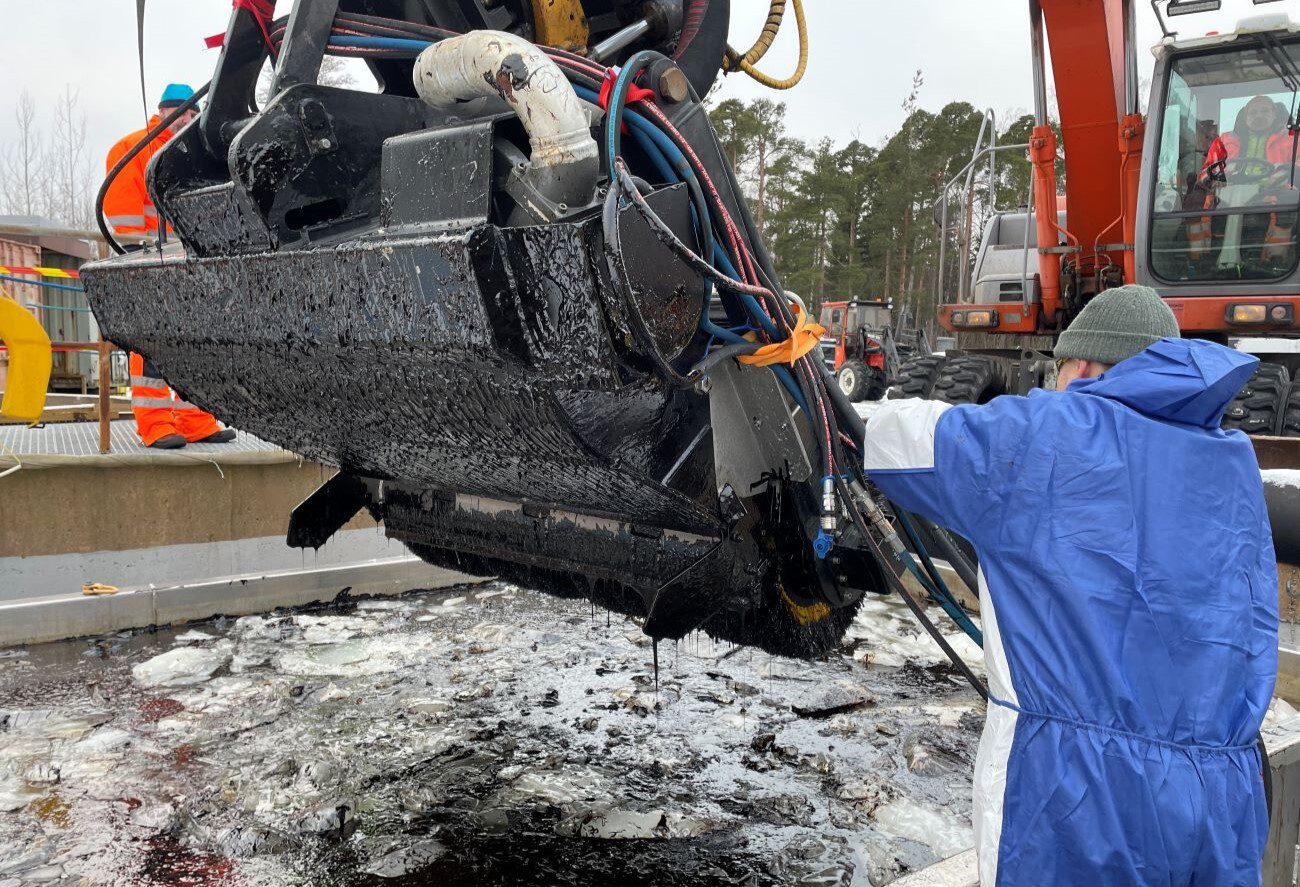
Low Sulphur Fuel Oils
Low Sulphur Fuel Oils (LSFO)
Our LSFO solutions are purpose-built to empower response teams with proven, field-tested tools, ensuring effective, reliable recovery even in the world’s harshest conditions.
“With the rapid evolution of marine fuels, only the most adaptable and innovative solutions can safeguard our seas. Our LSFO recovery systems are designed not just to meet today’s challenges, but to anticipate tomorrow’s.”
How it works
When an oil spill involving low sulphur fuel oils occurs, the response begins with rapid assessment and containment. Unlike traditional fuels, LSFOs can quickly solidify or break into tar-like fragments, making them difficult to corral and recover with standard equipment. Our system is designed to adapt to these unique behaviors from the very first moment.
Once the spill is contained, our advanced recovery system takes over, engineered specifically for the unpredictable nature of LSFOs. The process begins with specialized skimmers that use rotating brush chains to gently lift both fluid and semi-solid oil from the water’s surface. This technology, proven in demanding field trials, ensures that even stubborn, waxy patches are efficiently collected.
As the oil is gathered, it’s transferred using heated screw pumps designed to handle the thick, sticky consistency of LSFOs without clogging. The recovered oil is then stored in heated tanks or bladders, keeping it manageable for safe disposal or further treatment. Every step is seamlessly integrated, allowing the system to adapt in real time to changing spill conditions and ensuring a swift, effective response, no matter how challenging the fuel.
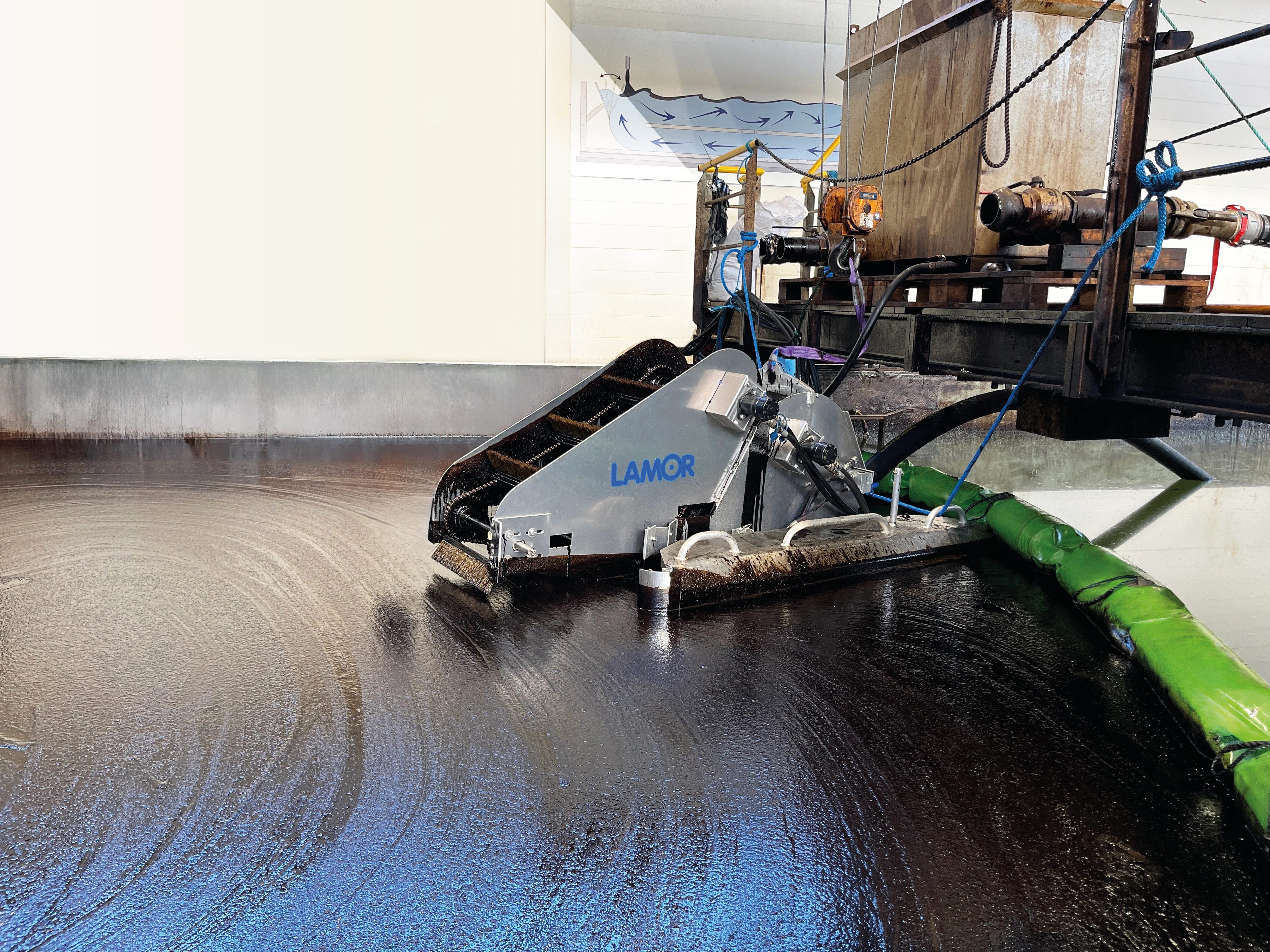
Features
- Brush chain & Bucket Skimmer technology
- Heated screw pumps
- Heated storage tanks/bladders
- Adaptable containment booms
- Field-proven in cold climates
Scenarios of use
- Harbors
- Lakes & Rivers
- On-Shore & Off-shore
- Arctic and icy waters
- Industrial sites
- Ports and terminals
Related equipment
Learn more about LSFO in our latest press release or through the impact study from 2023.
Watch a video about the IMAROS2 project
Stay in the know
Sign up for our newsletter to learn more about innovations enabling the survival of our dear planet.



